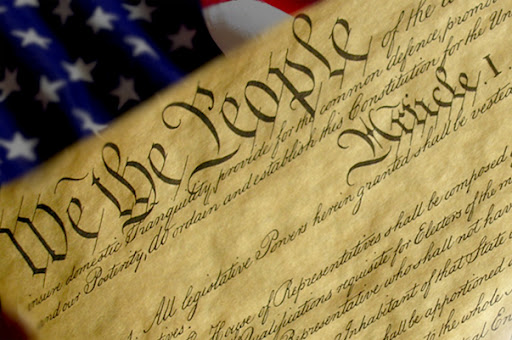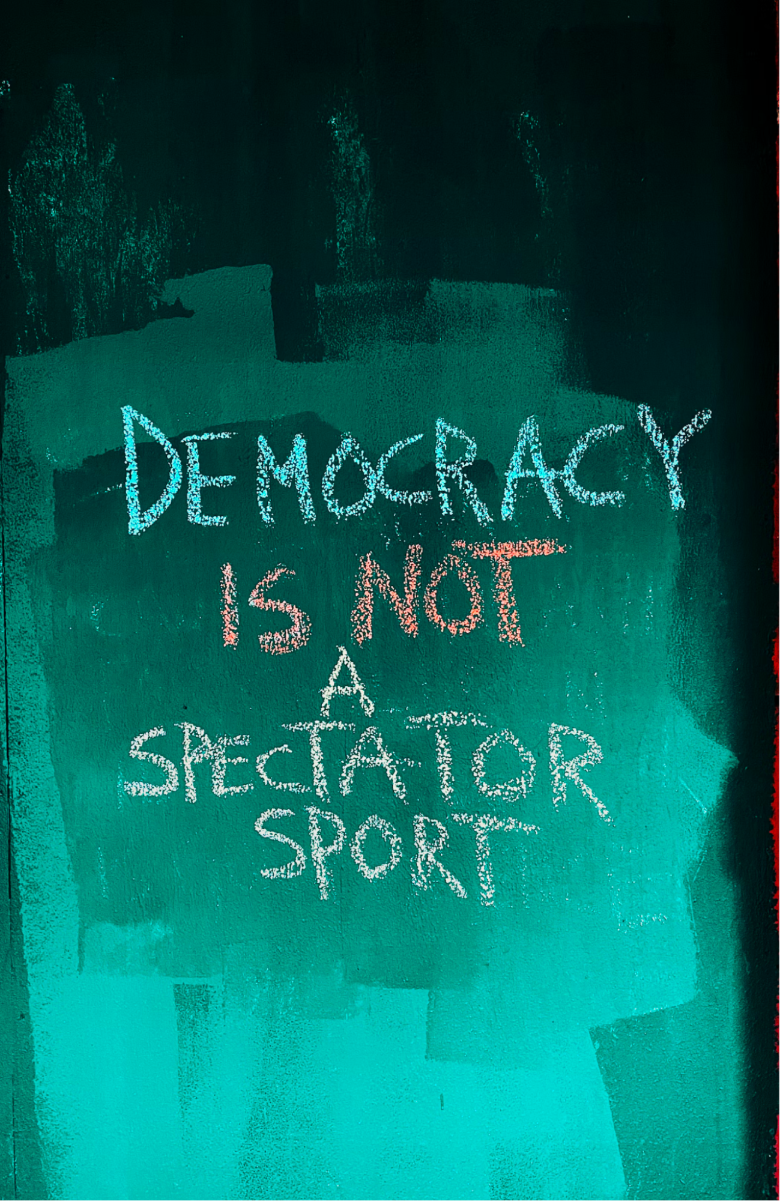
Analysis
Tracking Trump's executive orders: The White House "Faith Office"
Executive Order 14205: Establishment of the White House Faith Office
Date Signed: February 7, 2025
Key Provisions:
- Executive Order 14205 renames the “White House Office of Faith-Based and Community Initiatives” to the “White House Faith Office”
- The Office will be housed in the Domestic Policy Council and will consult various experts who will “be identified based on their expertise in a broad range of areas in which faith-based entities, community organizations, and houses of worship operate, including protecting women and children; strengthening marriage and family; lifting up individuals through work and self-sufficiency, defending religious liberty; combatting anti-Semitic, anti-Christian, and additional forms of anti-religious bias; promoting foster care and adoption programs in partnership with faith-based entities; providing wholesome and effective education; preventing and reducing crime and facilitating prisoner reentry; promoting recovery from substance use disorder; and fostering flourishing minds.”
- It will coordinate widely between the federal government and faith-based organizations, including to provide “training and education regarding religious liberty exceptions, accommodations, or exemptions” (likely from nondiscrimination requirements) and to identify grant opportunities for faith groups that have previously been ineligible for this type of support.
- It will collaborate with the Attorney General’s office to identify concerns from faith-based partners and supposedly work to uphold the highest standard of religious liberty
- Agencies that lack a Center of Faith will “designate or appoint a Faith Liaison” to oversee the agency’s relationship to the White House Faith Office
- Pastor Paula White-Cain will lead the office. She was involved in the first Trump administration and is a well-known member of the New Apostolic Reformation, a group seeking Christian dominion over American politics, and a proponent of the "prosperity gospel”
Interfaith Alliance Counterpoints:
- Interfaith Alliance welcomes faith-based engagement from the government, but only when it respects the separation of church and state and honors the needs of diverse local communities.
- By removing “and neighborhood partnerships” from the office’s name and mission, this office is now clearly promoting religion. It’s not the government’s role to aid or inhibit religious exercise.
- Instead of partnering with both faith-based and other community-based organizations as previous administrations have attempted to do, the Office’s stated policy priorities suggest it will largely center on the interests of right-wing Christians and will not serve a diversity of religious groups.
- By highlighting trainings around religious exemptions, this Office is likely concentrating its efforts on coordinating federal funding for religious organizations and offering trainings to learn more about how to weaponize an organization’s religious affiliation to evade anti-discrimination laws.
Transcript

Pluralism is Democracy in Action
On July 4, America will mark 250 years since the signing of the Declaration of Independence. That day in 1776, the nation’s founders put forward a bold vision for a new democratic experiment, one rooted in shared values, with power derived from the people rather than imposed by a monarch or religious authority:



